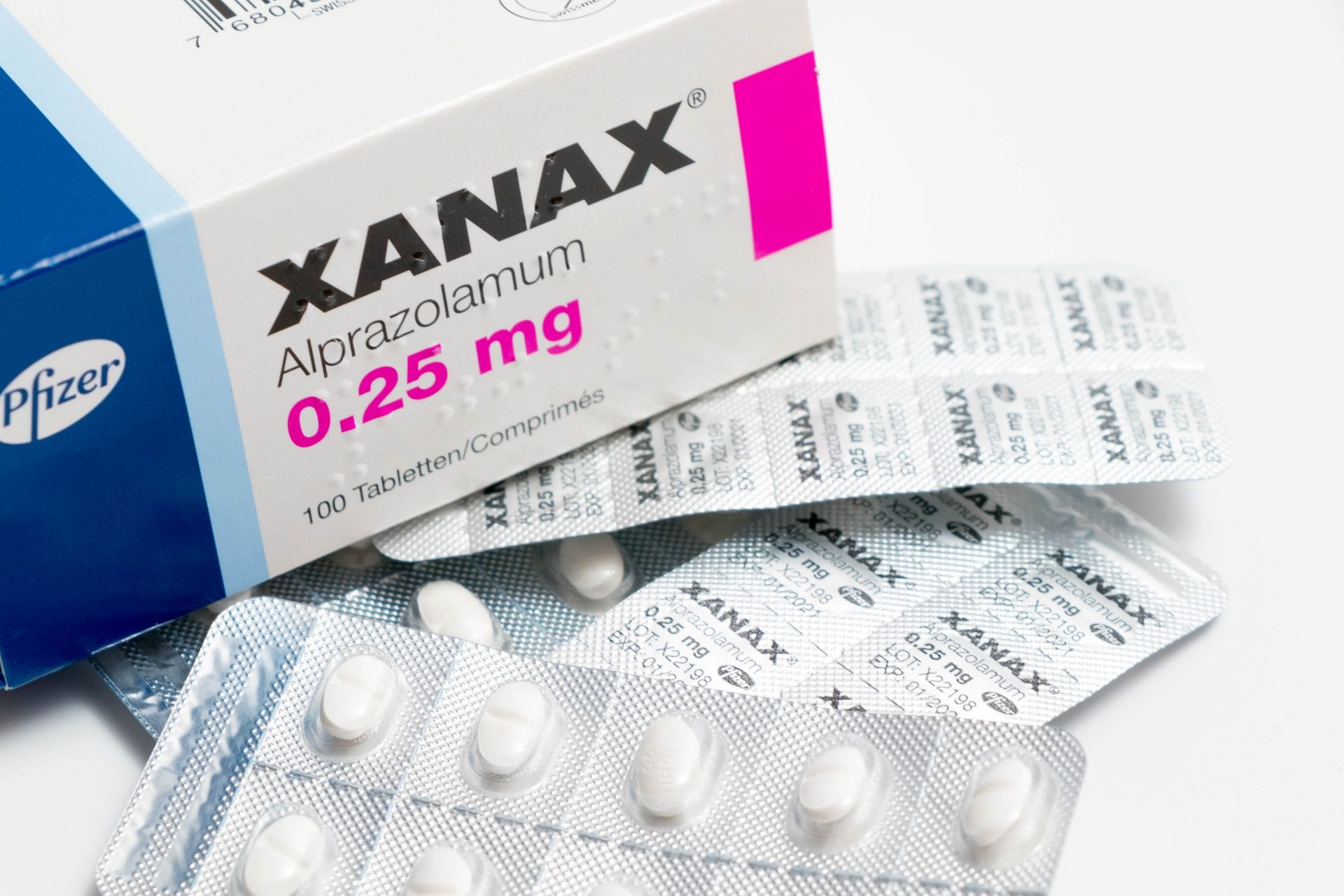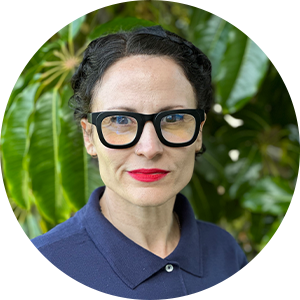Helping a loved one overcome addiction is unfortunately not as easy as reaching out to them and saying “hey, I think you’d benefit from going to rehab!”. It is a delicate subject that can sometimes even do more harm than good.
When we do what we feel is appropriate, like approaching an addict about going to rehab – it can end up creating a rift, arguments, and make the addict feel like you are attacking them. This, in turn, can cause your loved one or friend to isolate and continue using. It may also make them feel compelled to lie to you about their addiction and behavior. However, with the right information and practice, you can learn how to talk to an addict about going to rehab rehab and encourage them to get the help they deserve and need.
Understanding the Signs of Addiction
While addiction is multifaceted and symptoms may vary, these are some common signs associated with addiction:
Physical
- Sudden weight loss or gain
- Unkempt look, poor hygiene
- High tolerance of alcohol/drugs
- Skin problems like rashes, redness of eyes, self-inflicted injuries
- Decline in sexual function
- Dilated pupils
Psychological and Emotional
- Loss of interest in things they normally enjoy
- Mood swings
- Sleep pattern changes
- Overly talkative or withdrawn
- Being secretive or evasive about their addiction
- Depression and or anxiety
- Suicidal thoughts
- Physical or verbal abuse
Relational
Addiction affects not only the person but also their relationships with the people around them:
- Marital problems
- Skipping work or school
- Violent arguments or fights
- Failing to perform obligations and responsibilities
- Difficulty in holding conversions
- Lying about using alcohol or drugs
- Financial trouble related to drug use
- Isolation
How to Talk to an Addict About Rehab
Trying to help someone you love with their addiction can be a long, heart-breaking, and a challenging process. Please know you are not alone in this process and this is something that a lot of people have to do. Trust us when we say the process of talking about rehab will be easier than watching someone slip further and further into an addiction.
Be Kind
If you want to convince an addict to go to rehab, show empathy and compassion. Don’t judge, criticize, insult or shame them when approaching them about their addiction.
Try One on One Conversation
You probably won’t want to start staging an intervention with several people. Depending on the person and their situation, they may be more receptive to help if you talk to them one on one.
Stage an Intervention
If your loved one doesn’t listen to you during the one on one, another option is to organize an intervention. The intervention may include people they love or respect, like friends, family, professional health care providers, social workers, or religious leaders.
Listen More Than You Talk
Whether it’s a one-on-one communication or intervention, you probably have a lot to say. However, don’t make it about you; let the person affected speak too. Listen to them without interrupting and let them confide in you.
Try More Than Once
If your loved one doesn’t listen the first time, don’t give up. Continue to reach out, continue to convince them about getting help.
Set Boundaries
Don’t make threats but let your loved ones know the consequences of their behavior. Let them know how their behavior affects you. Also, let them know what you won’t put up with and set a limit.
For example, if your loved one gets money from you to fund their addiction, don’t put up with it if they continue to use drugs. Show support, but don’t encourage their addictive behaviors.
Learn More About Addiction
Research and educate yourself on addiction before addressing addiction. Learning more about addiction, the triggers, and symptoms will let you understand and communicate better with your loved one.
Reach Out to Anchored Tides Recovery Today
Helping your loved ones also involves partnering with them to find the right rehab. If your loved one accepts to get help, you should have a rehab in mind for them to go to.
At Anchored Tides Recovery, we understand addiction and how to help women recover from addiction. We can help you explore treatment options and design a plan that meets your loved ones needs.
Contact us today to learn more about our addiction treatment options.





















